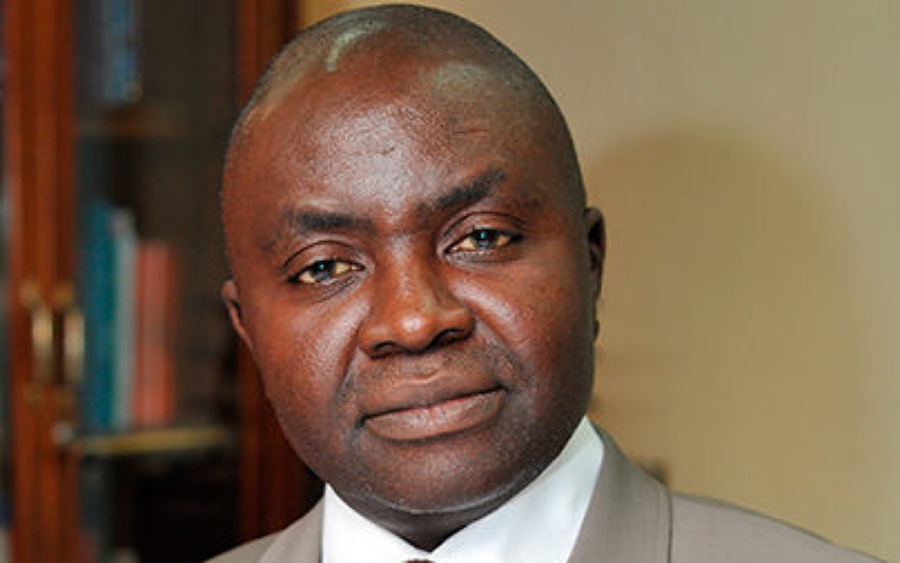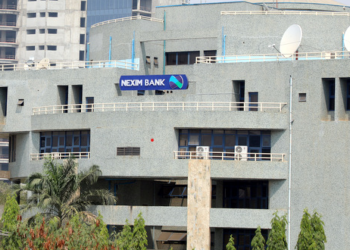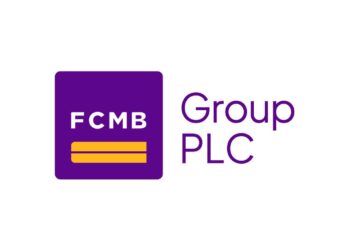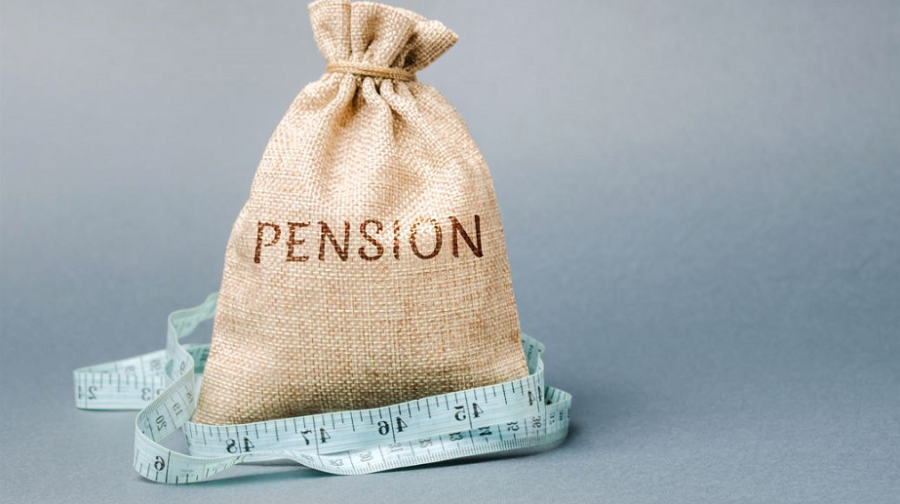The Nigerian Centre for the Promotion of Private Enterprise (CPPE) has claimed that the Central Bank of Nigeria’s financing of the country’s fiscal deficit is responsible for rising inflation.
CPPE disclosed this in a statement made available to Nairametrics by its CEO, Dr Muda Yusuf.
According to the statement, Nigeria is suffering from an “Inflation Tax” as a result of the CBN’s contribution to increasing the money supply in the economy.
Yusuf’s comments came just shortly after the National Bureau of Statistics (NBS) announced that Nigeria’s inflation rate had jumped by 20.77% year-on-year in September 2022.
What the CPPE is saying
Dr Yusuf, “The CBN financing of fiscal deficit has been elevated to disturbing levels with huge implications for money supply growth and the consequent effect on inflation. It is an inflation tax.
“Elevated inflationary pressures weaken the purchasing power of citizens as real incomes are eroded, increases poverty incidence, aggravates pressure on production costs, negatively impacts profitability, erodes shareholders value and undermines investors confidence.”
Dr Yusuf further noted that Nigerian manufacturers are feeling the pains of inflation. He said that “in most cases, increase in production costs cannot be transferred to consumers. The implication is that manufacturers are also taking a hit. This is more pronounced where the demand for the product is elastic.”
He added that tackling inflation requires urgent government intervention. This could be done by addressing the challenges bedevilling the supply side of the economy and moderating fiscal deficit monetization.
“To give producers some succour, the government could tweak the tariff policies by granting concessionary import duty on intermediate products for industrialists. It is imperative at this point to review the import policy on some food items to provide some succour to citizens in the face of excruciating poverty.
“The CBN also needs to adopt a flexible exchange rate policy to address the problem of acute forex scarcity in the economy,” Yusuf added.
What you should know
- The Nigerian economy has undergone a credit boom in the last three years due to the apex bank’s interventions.
- In August 2022, the apex bank provided N22 trillion in loans to the federal government under the CBN Act’s Ways and Means section. This translated to a 35% increase year to date.
- The Ways and Means balance was N16.1 trillion in August 2021 but has already climbed to N22.068 trillion in August 2022.
- The money supply in the economy is at its highest level on record, at almost N49.3 trillion in August, topping the previous record set in May 2022.
- Also, money supply is now at a 9.9% gain from December 20, 2021, when the country recorded N44.4 trillion























